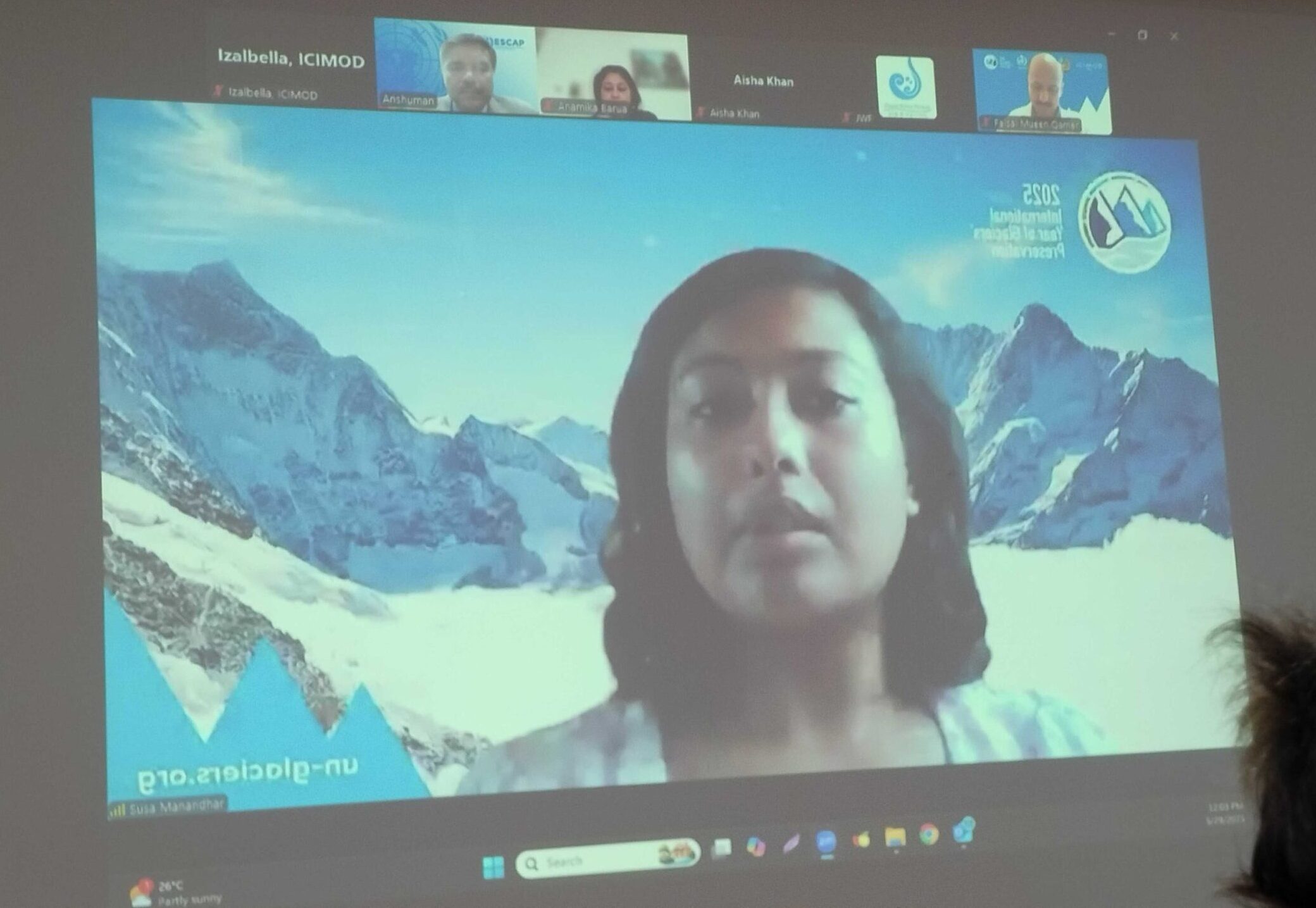A team led by Dr. Ajay Jha from Colorado State University (CSU) demonstrated efficient irrigation technology using small bucket drip systems to smallholder farmers in the three project districts of Kapilvastu, Syangja and Dhading. More than 80 farmers eagerly learned how the drip kit works and its application to small scale nutritional food gardens and feed production. Twenty five bucket drip kits were provided to the farmers in different villages to demonstrate on their own farms and disseminate the technology to other farmers as an efficient water user group. There was active participation of women as they are the key persons to take care of their farming and bringing nutritional availability to farmers. We invited a few farmers from other USAID/Innovation lab projects running in Nepal. They were both from Dr. Netra Chetri’s and Dr. Nanada Joshi’s project and provided the drip kit for their villages too. Participants from the local agro-vet entrepreneurship were quite interested to invest, scale up, and disseminate this technology as an enterprise to sell many additional bucket drip kits in local markets. There are several benefits of the this system as: 100% water use, more land irrigated with less amount of water, less time for irrigating than furrow system, less chances of encroaching by weeds, fertilizers and other nutrients can be applied directly from the irrigation water and less chances of wilting of the vegetable crops as the fruits do not directly touch the moist soil. The drip system is therefore quite effective to adapt with changing climate. Research reports that the dryness in the region is increasing specifically dry part are becoming dryer in future. Water sources are drying up and there is a pressure for more water demanded by expanding population and hence efficient water use system farmers and household population is looking for. A collected amount of NRs 100 per drip kit has been deposited as a seed fund to operationalize women led drip irrigation user group.
The Kapilvastu area is particularly drought prone, as confirmed by the farmer perceptions survey that we carried out last year. Being at low elevation and having high temperature, soil moisture escapes quickly. There, farmers requested to establish a boring water pump for irrigation. Farmers also committed to form a water user group and vegetable selling cooperative in their community which will use and maintain the boring system. We tentatively agreed to establish a boring system that benefits 25 farmers who will share the cost for its ownership.
The efforts through the program are to provide farmers tools and knowledge about the value chain of their agro products. One of the farmers reported that he sold raw and loose honey at NPR 800 per kilogram, and after packaging and labeling another vendor sells at NPR 1500 per kilogram. The same case happens to tomato and milk. Couple of farmers reported that they are producing lots of vegetable: tomato, bitter guard but they could make money out of it because of lack of market access in remote area. Those farmers were advised to process their products on their farm using local resources like making ketchup, sauce from tomato, drying up of the bitter guard in sun etc. to be empowered as an entrepreneur and self-sustained.




